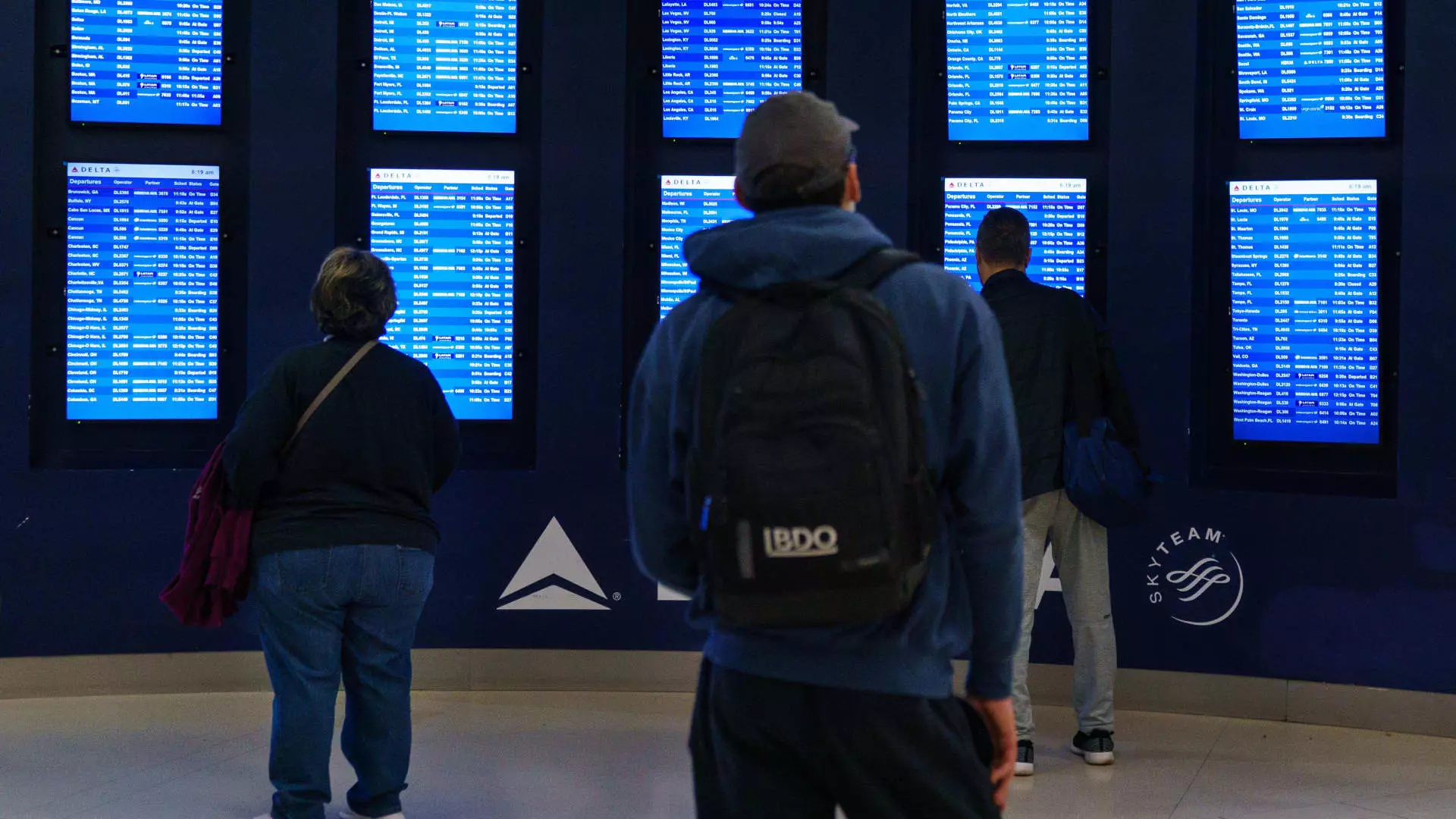As we navigate through 2024, the demand for air travel has experienced a remarkable resurgence, largely propelled by a revival in international flights. A recent report from the International Air Transport Association (IATA) highlights that from January to October, worldwide revenue-passenger miles surged by nearly 11% compared to the previous year. This increase suggests that consumers are not only eager to resume their travel plans post-pandemic but are also willing to explore destinations beyond domestic borders. The pent-up demand for international trips has notably influenced airlines’ strategies, prompting a reinvigoration of routes and services previously grounded during the pandemic.
Looking ahead to 2025, IATA forecasts anticipate a significant uptick in air travel, predicting approximately 40 million aircraft departures—an increase of 4.6% from 2024. This growth reflects the overall recovery of the aviation sector, which has faced numerous challenges, including shortages in new aircraft and lingering financial issues for several carriers. The optimistic outlook drives airlines to adjust their operations, including adding more flights and enhancing premium seating options that traditionally yield higher revenue, especially for long-haul travel. The focus on premium services indicates a strategic shift to cater to travelers seeking more comfortable options post-health crisis, further enhancing airlines’ profitability.
While operational challenges persist for airlines—like securing sufficient aircraft and dealing with financial hurdles—many passengers have noted a marked improvement in flight experiences compared to the turbulent service disruptions seen during the height of the pandemic. A recent ranking by Cirium has shed light on airlines with commendable punctuality, defining on-time arrivals as those occurring within 15 minutes of the scheduled time. The data paints a promising picture: Delta Air Lines emerged as the most punctual airline for U.S. and Canadian routes, triumphing over numerous competitors even after facing substantial setbacks from a cyber outage in July that led to the cancellation of thousands of flights.
The rankings illustrate a healthy competitive landscape among global carriers. Aeromexico leads the pack with an impressive on-time rate of 86.7%, followed closely by Saudia Airlines and Delta Air Lines. Other notable mentions include LATAM Airlines and Qatar Airways, both of which also boast strong punctuality records. In a contrasting view, U.S. airlines exhibited an overall mixed performance. While Delta maintained its status, others like American Airlines and Southwest Airlines struggled to keep their on-time performance above the 80% threshold. This disparity highlights the importance of operational efficiency and adaptability in an industry that is constantly evolving.
The air travel industry is on a promising trajectory as it rebounds from the challenges posed by the COVID-19 pandemic. The increasing demand for international travel and the rising number of aircraft departures signify a hopeful future for airlines. Additionally, enhanced punctuality demonstrates a commitment to improving passenger experiences, which will be critical as the industry navigates recovery and growth in the coming years. As airlines continue to adapt to these changing dynamics, passengers will undoubtedly benefit from a more robust and reliable air travel system.

